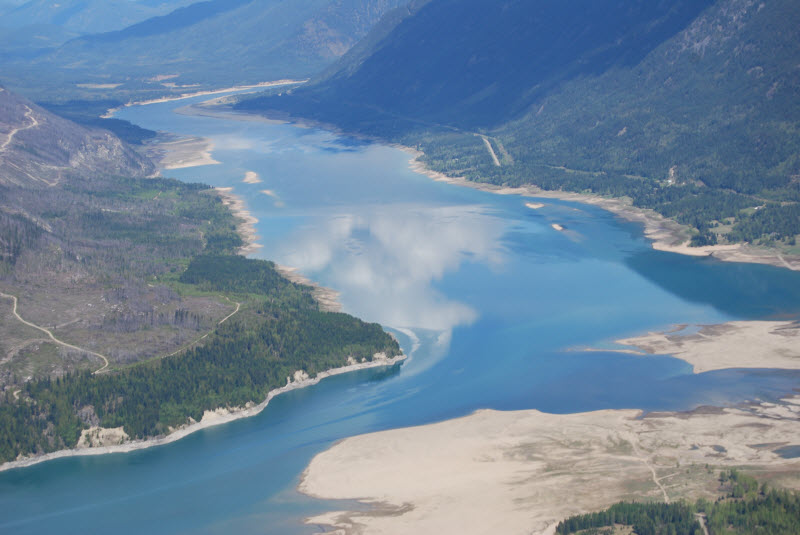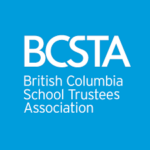Op/Ed: Low Arrow Lakes levels underscore need for modernized treaty
As someone who has called Castlegar home since childhood, I am very disturbed to see the current situation in the Arrow Lakes Reservoir.
This region is ingrained in my own personal history: my family camped, swam, fished and boated in the lakes, close to our home. These waters have been part of my life for more than half a century and, like many others who call this place home, I’m deeply troubled by what we’ve seen over the past few months.
I wish there was an easy way to fix this. I have shared your frustration over the summer and into fall, watching the impact on recreation, tourism, our economy, and our fish and wildlife habitats.
As you may know, there are several factors at play here: the first is a severe drought that has covered more than 80% of the province this summer, which we cannot control. It’s also vital that a certain amount of water is held in Kinbasket Reservoir to meet B.C.’s anticipated electricity demand for winter.
The other factor is the Columbia River Treaty, which requires B.C. to send a specific volume of water to the United States at certain times of year for flood protection and, in the case of this summer, power-generation purposes. As troubling as the situation has become this summer, it has drawn attention to the treaty, which is a positive thing. The treaty has been a part of the Columbia Basin for almost 60 years, and all of us know that there is a critical need to improve it. Canada, B.C. and the Ktunaxa, Secwepemc and Syilx Okanagan Nations are striving to modernize the treaty through the negotiation process.
Though I am not at the negotiating table, as minister responsible for the Columbia River Treaty, I am in frequent contact with the B.C. treaty team and federal and Indigenous leaders to emphasize what needs to change.
One of our key goals is to gain more flexibility for how B.C. operates its treaty dams (Hugh L. Keenleyside, Duncan and Mica) to better support ecosystems, Indigenous cultural values and socioeconomic interests here in the B.C. Basin. B.C.’s negotiating team has shared photos and stories from Arrow Lakes Reservoir this summer with their American counterparts to illustrate how important this additional flexibility is. The letters we receive, the photos and posts we see on social media, the news reports, all of this strengthens our negotiating position to create a modernized agreement that reduces these types of impacts in the future.
To specifically tackle the situation in Arrow Lakes Reservoir, I will be taking part in a virtual information session on Oct. 18 at 6 p.m. (Pacific time). I will be joined by representatives from the Canadian Columbia River Treaty negotiating team and BC Hydro, who will share information about the difficult conditions we’re facing this year and what’s being done to reduce these types of impacts in the future.
This session is just the latest step in a decade-long engagement process led by the provincial government’s Columbia River Treaty team. We have been engaging with Indigenous Nations, local governments and residents since 2012 to not only hear how the treaty impacted them, but to find out how it could be improved in the future. We have connected with people through more than 40 in-person community meetings, virtual sessions, social media, newsletters, emails, letters and one-on-one phone calls. I encourage you to read engagement reports from 2013, 2018 and 2019 to learn what we’ve heard from each community, at: https://engage.gov.bc.ca/columbiarivertreaty/engagement-process/
Before any agreement on a modernized Columbia River Treaty is finalized, we will return to the basin to explain what is being proposed and seek feedback.
In the meantime, I look forward to speaking to you at the Arrow Lakes Reservoir information session on Oct. 18, from 6 p.m. until 7:30 p.m. (Pacific time), and 7 p.m. until 8:30 p.m. (Mountain time) via Zoom webinar. For details and to register, visit: https://engage.gov.bc.ca/columbiarivertreaty/info-sessions
Katrine Conroy is the BC Minister Responsible for the Columbia River Treaty

























